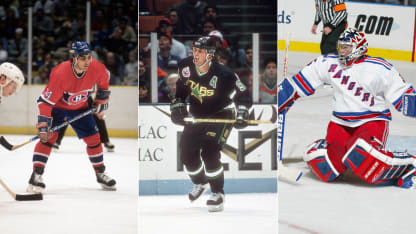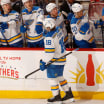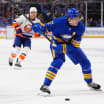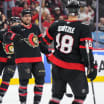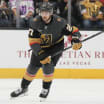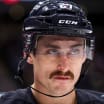Hockey Day in America is Sunday. It is a day to celebrate hockey's contributions, big and small, to communities across the United States. As part of the celebration, NBC and NBCSN will air a quadrupleheader of NHL games involving eight United States-based teams: Buffalo Sabres at New York Islanders (Noon ET; NBC), Tampa Bay Lightning at Chicago Blackhawks (2:30 p.m. ET; NBCSN); New Jersey Devils at Boston Bruins (5 p.m. ET; NBCSN) and New York Rangers at Pittsburgh Penguins (7:30 p.m. ET; NBCSN).
To help illustrate the impact the NHL has had on hockey across the country, we asked eight staff writers to talk about their favorite U.S.-born NHL player. Here are their answers:
Favorite all-time U.S.-born NHL players include Chelios, Modano, Richter
LeClair, Tkachuk, Thomas also selected by NHL.com writers to celebrate Hockey Day in America
